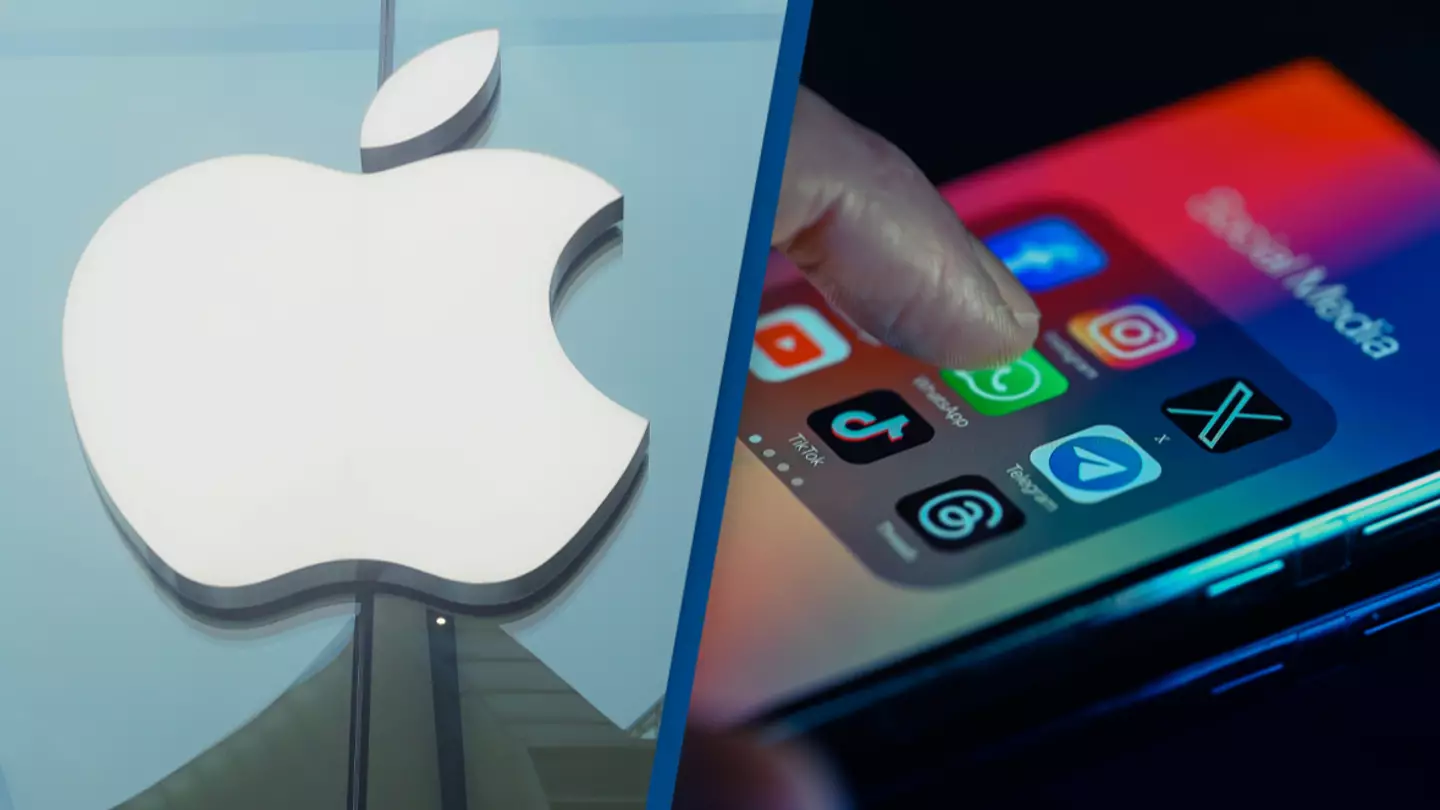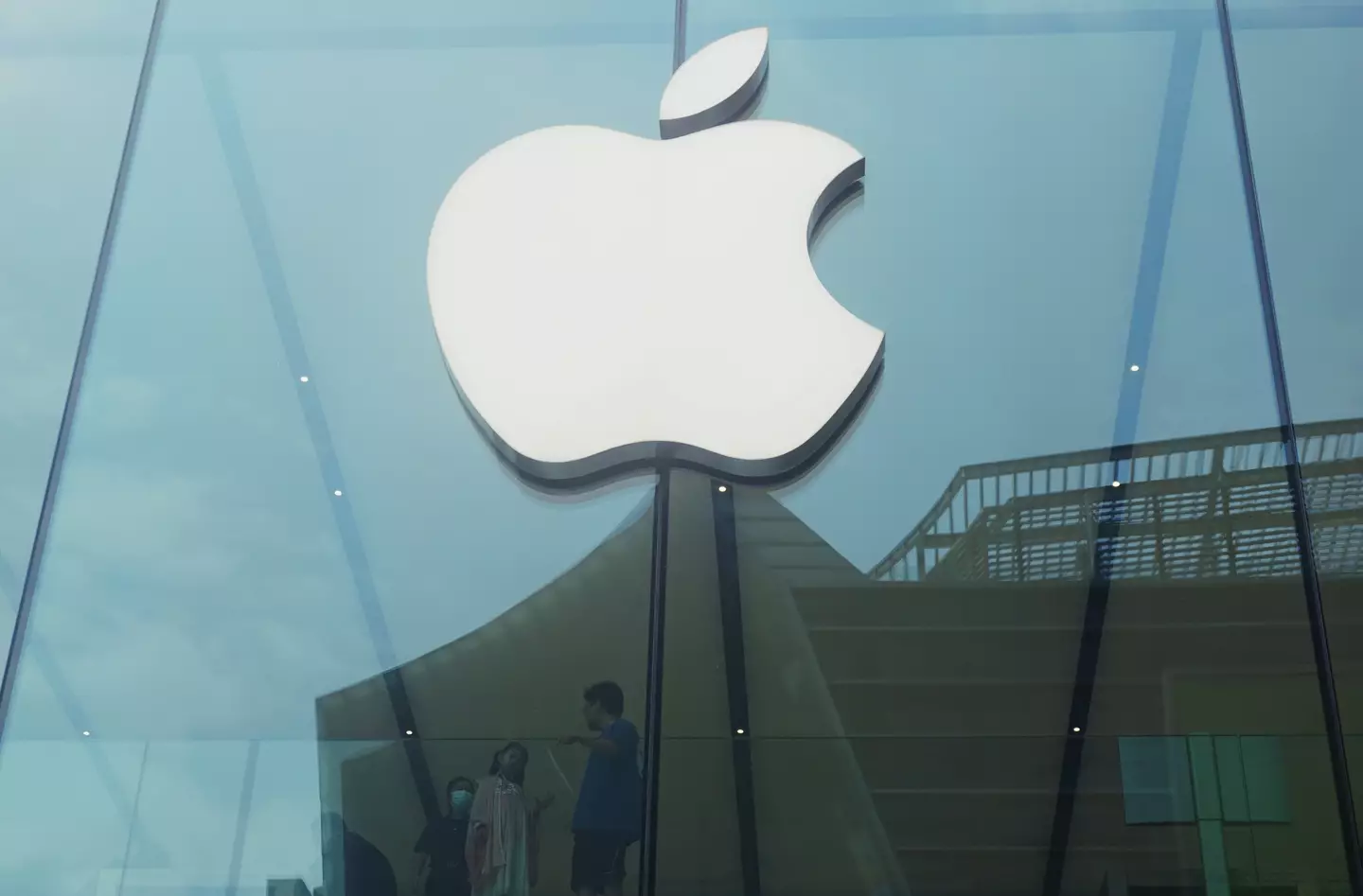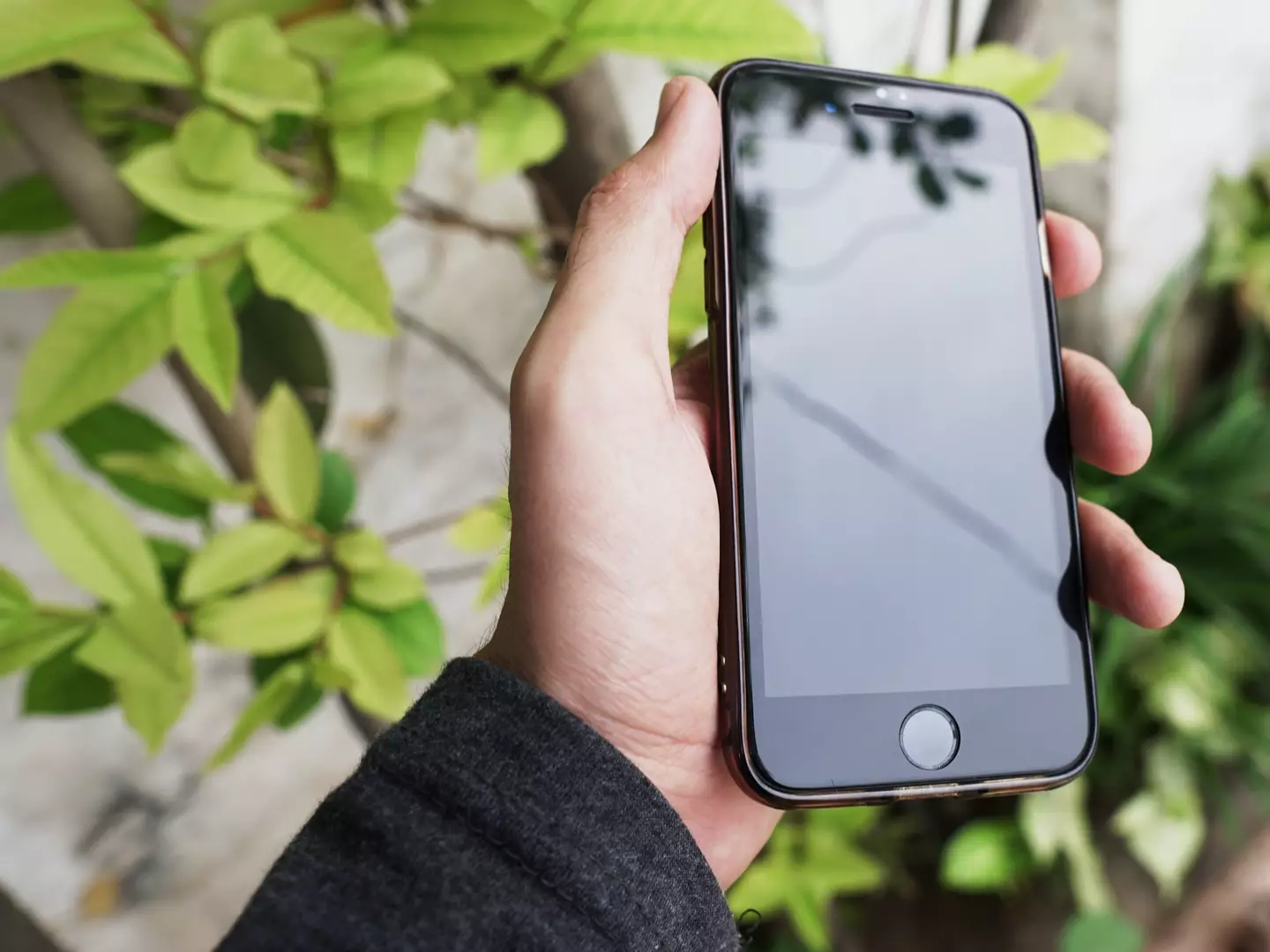
Apple will begin paying out claims in the $500m iPhone slowdown lawsuit after users claimed that their phones were deliberately slowed down by the tech giant after installing updates.
iPhone users complained for a long time about their phones becoming slower after a software update.
Back in 2017, people began to notice that some of their device’s performance issues were related to their batteries. However, after having the battery replaced, they noticed that the issues were resolved, according to data from Geekbench.
Advert
The performance issues were documented on Reddit and Geekbench developer John Poole mapped out the declining performance of iPhone 6 and iPhone 7 as proof. Poole concluded that after downloading iOS 10.2.1 and 11.2.0 updates, performance was noticeably affected..
The findings were particularly troubling because it could prompt users to buy an expensive new model instead of replacing the battery.

Later that year, Apple addressed the issue and admitted to slowing down the impacted devices - which include iPhone 6, 6 Plus, 6s, 6s Plus, 7, 7 Plus, and SE models - because as the phones get older, there’s a risk of the phone immediately shutting down.
Advert
Apple said the battery might spontaneously shut down if it could not supply supply the current needed.
In a statement released by Apple in 2017 amid what has become to be known as 'Batterygate', the company said: "Our goal is to deliver the best experience for customers, which includes overall performance and prolonging the life of their devices.
"Lithium-ion batteries become less capable of supplying peak current demands when in cold conditions, have a low battery charge or as they age over time, which can result in the device unexpectedly shutting down to protect its electronic components.
"Last year we released a feature for iPhone 6, iPhone 6s and iPhone SE to smooth out the instantaneous peaks only when needed to prevent the device from unexpectedly shutting down during these conditions. We’ve now extended that feature to iPhone 7 with iOS 11.2, and plan to add support for other products in the future.

However, Apple were not transparent about the change, leading some iPhone users to assume that the slowing down of devices was done to get people to upgrade to newer phones.
Advert
Three million people filed claims in the class action lawsuit against the tech company, which claimed that the performance of older iPhones were deliberately slowed down with a new iOS update.
Apple reached a settlement, agreeing to pay $310-$500m and denied any wrongdoing. How much Apple pays to customers will depend on the number of claims approved.
The people who filed claims should receive payments of about $65, Verge reports.
However, if you’re thinking about filing a claim now you’re out of luck as only those who filed before the deadline passed on October 6, 2020.
Advert
UNILAD has contacted Apple for comment regarding the lawsuit payments.
Topics: Apple, Technology, iPhone
